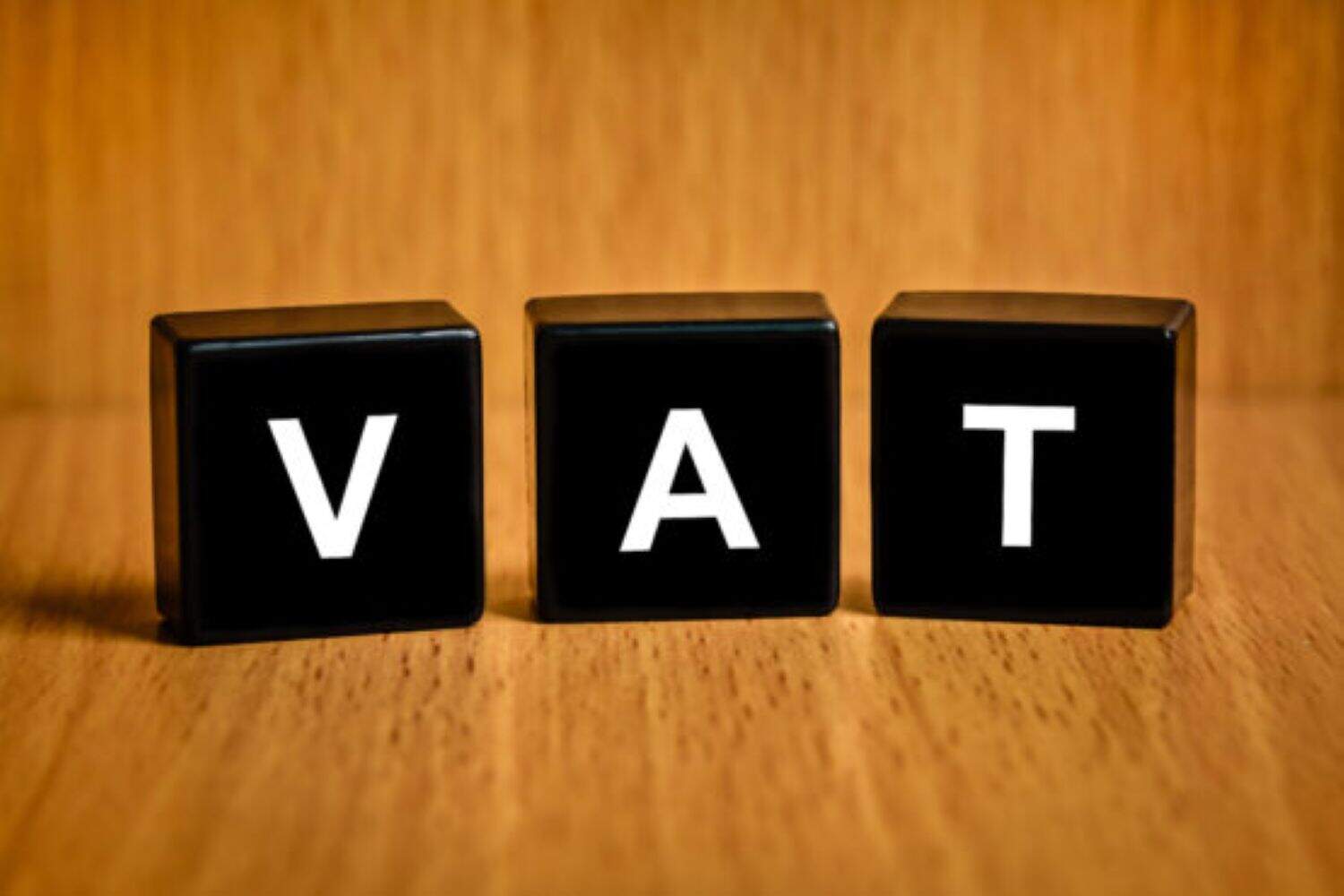PKF’s bold proposal aims to eliminate refund fraud and simplify compliance.

A proposed amendment to South Africa’s value-added tax (VAT) system could eliminate Vat refund fraud and reduce the rate significantly without compromising revenue collections.
The proposal is to have a system that resembles a sales tax by disallowing VAT input claims and to rely solely on the payment of output tax, but at a rate as low as 6% compared to the current 15%.
PKF, a mid-tier accounting firm offering audit, tax and business advisory services, proposed the alternative system to the envisaged Vat Modernisation Project that will require all businesses to account and report for VAT on a real-time basis.
PKF tax partner Paul Gering says with the denial of VAT inputs, the VAT rate could reduce from 15% to 6% or probably less with some modelling done with data that is available to the South African Revenue Service (Sars).
Consumers will benefit from cheaper products and services and companies can add input costs to their cost of sales, resulting in the same or similar revenue recoveries for the fiscus.
“This would eliminate the audit and verification work on Vat inputs and the audit and verification work on VAT refunds currently being undertaken by Sars.”
It will also eliminate the incentive for “fictitious VAT registrations” of companies that were merely created to obtain significant fraudulent VAT refunds and then quickly shut down before the mischief could be traced to the person behind such a company, says Gering.
Sars will be able to focus all its attention on income tax disclosures.
ALSO READ: MTBPS: So, we did not need a 2% Vat increase after all?
Modernisation project
The VAT Modernisation Project was first mentioned in 2023.
The 2025 draft Taxation Laws Amendment Bill (TLAB) proposed amendments to the VAT Act to introduce specific definitions dealing with e-documents, e-invoices, e-debit notes, e-credits and e-reporting, and a definition of an interoperability framework.
This is to make it possible to share information between vendors and between vendors and Sars.
Charles de Wet, tax executive at ENSafrica, says the proposed amendments by National Treasury give insight into the direction they are going with the modernisation project.
“The intention is to build a system that replaces the manual paper-based system that is inefficient from a compliance perspective due to the high risk of errors.”
The project is based on the European VAT real-time reporting system that is currently being implemented.
The new system is a significant change, and a discussion document is expected early in December that will shed more light on how the project will be rolled out, says De Wet.
Gering adds that the projected cost for implementation is R1.5 billion over a five-year period. “With a system like this it is the same as building a house. We all know it is going to cost more, and it is going to take longer than what we are told.”
He says South Africa is blindly following developed countries that are currently implementing a real-time VAT reporting system. “However, a sophisticated country like France has postponed implementation three times already. The UK has postponed the introduction of real-time VAT reporting to 2030.”
ALSO READ: Strong objection against proposal to remove schools from the Vat net
VAT inputs
National Treasury wants to address VAT input and VAT refund fraud with the modernisation project.
PKF believes both can be eliminated by the removal of VAT inputs.
In response, Treasury “noted” the PKF proposal, saying it would represent a reversal from the international trend away from sales taxes to value-added taxes.
“It would have to be considered in the light of the various factors that informed the decision to implement a value-added tax in South Africa.”
Gering says the fact that treasury “noted” the proposal is a “kick for touch”. At least it is not dismissed and will enjoy “further review and consideration” by Treasury.
Treasury says the TLAB proposed amendments provide the initial building blocks for a voluntary e-reporting system. Sars will publish a consultation paper before the end of the financial year.
ALSO READ: Consumer Goods Council calls for urgent expansion of zero-rated foods
Collaborative engagement
The paper will form the basis for “further collaborative engagement to develop a world-class VAT administration system” that is suited for South Africa’s circumstances, treasury promises.
Concerns raised by PKF on the Modernisation Project include:
- The premature adoption of a new system without addressing practical challenges;
- Failure to ensure proper stakeholder engagement to implement a practical system that is also procedurally fair on all vendors;
- Failure to account for the impact on small to medium businesses; and
- Incentivising the expansion of the cash economy and consequent worsening of the current tax gap.
Sars paid refunds of R447.7 billion for the 2024/25 fiscal year – the highest amount to date – and prevented the outflow of R146.7 billion of impermissible refunds.
This article was republished from Moneyweb. Read the original here.





